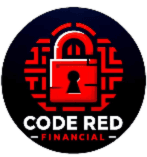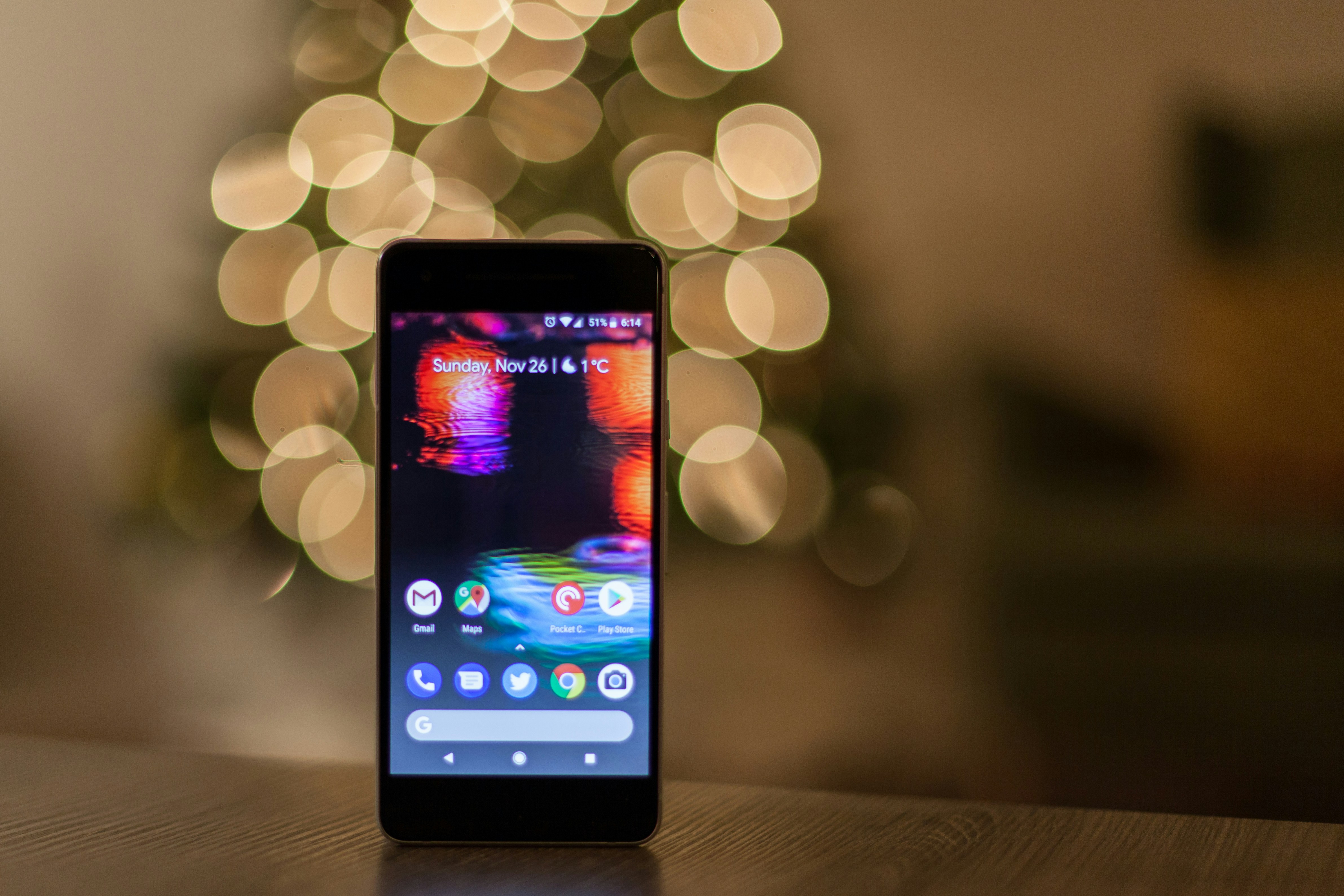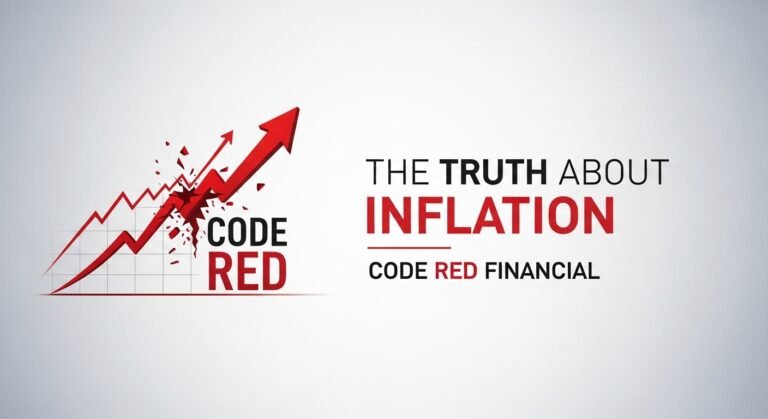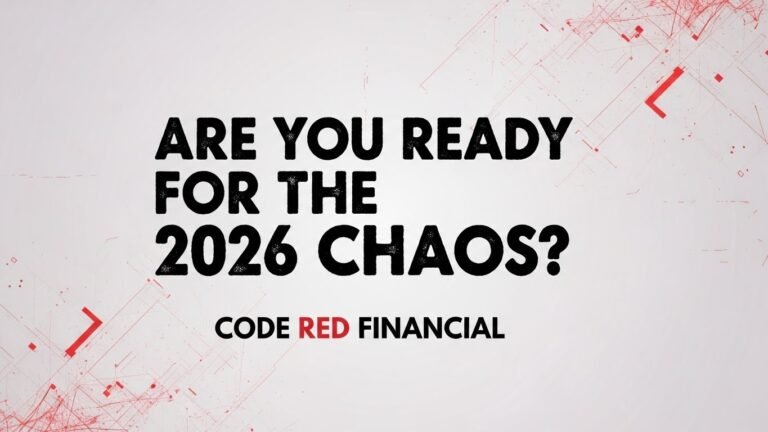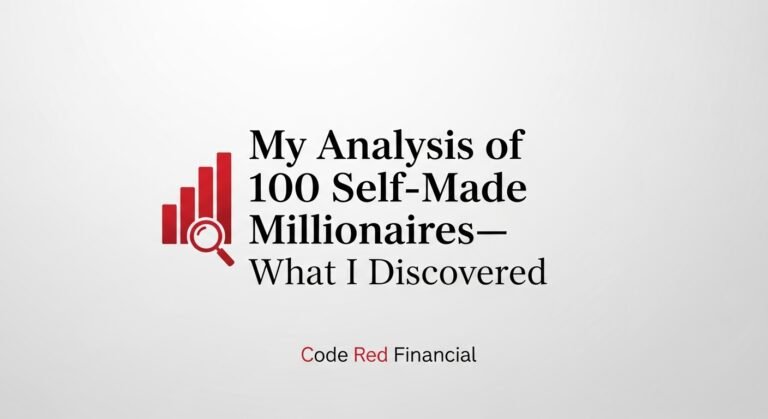Introduction to Budgeting Apps
In today’s digital age, managing personal finances has become more streamlined and efficient, thanks to the advent of budgeting apps. These applications are designed to help individuals track their expenses, set savings goals, and plan their finances with ease. By offering a comprehensive overview of one’s financial activities, budgeting apps have transformed the way people approach money management.
Budgeting apps typically come equipped with a variety of features that make them indispensable tools for financial planning. One of the most common features is expense tracking, which allows users to categorize and monitor their spending habits. This helps in identifying areas where one might be overspending and where adjustments can be made. Additionally, many apps offer the ability to set savings goals, providing users with a clear path to achieving their financial objectives. This can range from saving for a vacation to building an emergency fund.
Another significant feature of budgeting apps is their financial planning capability. These apps often include tools for creating budgets, forecasting future expenses, and analyzing spending patterns. By providing detailed insights, budgeting apps enable users to make informed decisions about their finances. This level of analysis is difficult to achieve with traditional methods like spreadsheets or manual tracking, which can be time-consuming and prone to errors.
The benefits of using budgeting apps over traditional methods are numerous. For one, these apps offer real-time updates and notifications, ensuring that users are always aware of their financial status. They also provide a more organized and user-friendly interface, making it easier to keep track of multiple accounts and transactions. Furthermore, many budgeting apps integrate with other financial services, such as banks and investment platforms, offering a holistic view of one’s financial health.
In essence, budgeting apps have become essential tools for anyone looking to take control of their finances. By leveraging the power of technology, these apps offer an efficient, accurate, and user-friendly solution to personal financial management, far surpassing the capabilities of traditional methods.
Criteria for Evaluating Budgeting Apps
When it comes to selecting the most effective budgeting apps, a variety of factors must be considered to ensure optimal utility and satisfaction. One of the primary criteria is user-friendliness. An intuitive interface that simplifies navigation and reduces the learning curve is essential for users of all technical proficiencies. Apps that offer straightforward onboarding processes and easy-to-understand functionalities tend to score higher in this regard.
Features offered also play a crucial role in evaluating budgeting apps. Comprehensive tools that facilitate expense tracking, financial goal setting, and personalized budget planning can significantly enhance the app’s value. Additional features such as bill reminders, investment tracking, and multi-currency support can further enrich user experience. The ability to categorize expenses and generate detailed financial reports is another important aspect that can help individuals manage their finances more effectively.
Cost is another critical factor. While some budgeting apps are free, others may require a subscription fee. It is important to assess whether the paid features offer substantial value beyond the free alternatives. Users should weigh the cost against the benefits to determine the app’s affordability and overall worth.
Compatibility with different devices cannot be overlooked. Budgeting apps that are accessible across various platforms—such as smartphones, tablets, and desktops—offer greater flexibility and convenience. Synchronization capabilities that allow seamless data access and updates across multiple devices can significantly enhance usability.
Customer reviews provide invaluable insights into the practical experiences of other users. High ratings and positive feedback often indicate reliability and effectiveness. Conversely, recurring complaints or low ratings can be red flags that warrant consideration.
Finally, security measures are paramount. Since budgeting apps handle sensitive financial data, robust encryption and stringent privacy policies are essential. Apps that offer two-factor authentication and other advanced security features are preferable for safeguarding personal information.
By evaluating these criteria, users can make informed decisions when selecting a budgeting app that aligns with their financial goals and lifestyle requirements.
Top 10 Budgeting Apps Overview
In today’s digital age, managing personal finances has become more accessible and efficient, thanks to a myriad of budgeting apps available on the market. This section offers a concise overview of the top 10 budgeting apps that we will delve into later in the blog post. Each app has distinct features tailored to various financial needs, making it easier for users to choose the right tool for their budgeting goals.
1. Mint: A comprehensive financial management app that tracks expenses, creates budgets, and provides credit score monitoring.
2. You Need a Budget (YNAB): Focuses on proactive budgeting and encourages users to plan their spending ahead of time.
3. PocketGuard: Simplifies budgeting by showing users how much disposable income they have after covering bills and necessities.
4. Goodbudget: Uses the envelope budgeting method to help users allocate funds for various spending categories.
5. Wally: Offers a streamlined interface for tracking expenses and setting financial goals, with a strong emphasis on personal financial insights.
6. EveryDollar: Developed by Dave Ramsey, this app follows the zero-based budgeting approach to give every dollar a purpose.
7. Clarity Money: An intuitive app that helps users manage subscriptions, track spending, and find potential savings.
8. Personal Capital: Combines budgeting tools with investment tracking, providing a holistic view of one’s financial health.
9. Simple: A banking app that integrates budgeting features, allowing users to set goals and monitor spending directly through their bank account.
10. Mvelopes: Adapts the traditional envelope system into a digital format, making it easy to manage and track spending.
This overview serves as a quick reference, highlighting the unique strengths of each app to help readers identify which might best suit their budgeting needs.
Detailed Reviews of Each App
In today’s digital age, budgeting apps have become indispensable tools for managing personal finances. The following detailed reviews will provide insights into the top 10 budgeting apps, focusing on their key features, pros and cons, pricing, and unique aspects. These reviews will help you decide which app best suits your financial needs.
1. Mint (Shut Down)
Mint is a comprehensive budgeting app that offers a range of features designed to help users track their spending, create budgets, and manage their finances.
Key Features: Automatic expense categorization, bill tracking, credit score monitoring, and personalized tips for saving money.
Pros: User-friendly interface, real-time updates, free to use, and integration with various financial institutions.
Cons: Occasional ads, and some users report connectivity issues with certain banks.
Pricing: Free with optional in-app purchases.
2. YNAB (You Need A Budget)
YNAB adopts a proactive approach to budgeting, encouraging users to allocate every dollar a job. This app focuses on building better financial habits.
Key Features: Goal tracking, debt payoff planner, detailed reports, and workshops for financial education.
Pros: Strong emphasis on financial education, excellent customer support, and robust reporting tools.
Cons: Monthly subscription fee, and a learning curve for beginners.
Pricing: $11.99 per month or $84 per year with a 34-day free trial.
3. PocketGuard
PocketGuard simplifies budgeting by showing users how much disposable income they have after accounting for bills and savings goals.
Key Features: Bill tracking, savings goals, spending insights, and bank account synchronization.
Pros: Easy to use, clear visualization of finances, and helpful spending alerts.
Cons: Limited customization options, and occasional syncing issues with banks.
Pricing: Free with optional premium features starting at $3.99 per month.
4. Goodbudget
Goodbudget is based on the envelope budgeting method, which helps users allocate funds for different spending categories.
Key Features: Expense tracking, debt management, and syncing across multiple devices.
Pros: Intuitive user interface, strong focus on collaborative budgeting, and helpful tutorials.
Cons: Limited free version, and no automatic expense tracking.
Pricing: Free for basic features, with premium plans starting at $7 per month.
5. Personal Capital
Personal Capital is a robust financial tool that combines budgeting features with investment tracking and retirement planning.
Key Features: Net worth tracking, portfolio analysis, retirement planner, and customizable reports.
Pros: Comprehensive financial overview, strong investment tracking tools, and free to use.
Cons: Focus on investments may not appeal to all users, and occasional connectivity issues.
Pricing: Free with optional advisory services for a fee.
6. Wally
Wally offers a streamlined budgeting experience with an emphasis on expense tracking and financial goal setting.
Key Features: Receipt scanning, multi-currency support, and shared accounts.
Pros: Simple and clean interface, strong focus on expense tracking, and free to use.
Cons: Limited features compared to competitors, and occasional bugs.
Pricing: Free with optional in-app purchases.
7. Mvelopes
Mvelopes uses the envelope budgeting method to help users manage their finances and stay on track with their spending goals.
Key Features: Real-time budget updates, debt management tools, and financial coaching.
Pros: Strong focus on financial wellness, helpful coaching services, and real-time updates.
Cons: Monthly subscription fee, and a steeper learning curve for new users.
Pricing: Plans start at $6 per month with a 30-day free trial.
8. Spendee
Spendee offers a visually appealing budgeting tool with features designed to help users track their spending and achieve their financial goals.
Key Features: Customizable categories, shared wallets, and bill reminders.
Pros: Attractive interface, easy to use, and collaborative budgeting options.
Cons: Limited free version, and some features require a premium subscription.
Pricing: Free with premium plans starting at $2.99 per month.
9. Clarity Money
Clarity Money focuses on helping users save money by analyzing their spending habits and suggesting ways to cut costs.
Key Features: Subscription management, bill negotiation, and personalized savings recommendations.
Pros: Strong focus on saving money, intuitive interface, and free to use.
Cons: Limited budgeting features, and some users report connectivity issues.
Pricing: Free with optional in-app purchases.
10. EveryDollar
EveryDollar, developed by financial expert Dave Ramsey, encourages users to create zero-based budgets and track their spending.
Key Features: Expense tracking, customizable categories, and integration with Ramsey+ for additional financial resources.
Pros: Easy to use, strong focus on debt reduction, and excellent customer support.
Cons: Limited features in the free version, and a subscription fee for advanced features.
Pricing: Free for basic features, with premium plans starting at $9.99 per month.
Each of these budgeting apps offers unique features and benefits, catering to different financial needs and preferences. By understanding their key aspects, users can make informed decisions to choose the best budgeting app for their personal finance management.
User Testimonials and Experiences
User testimonials provide invaluable insights into how the top 10 budgeting apps perform in real-world scenarios. These firsthand accounts reveal both the strengths and weaknesses of each app, painting a comprehensive picture of their effectiveness in managing finances.
One user shared their experience with Mint (No Longer active), stating, “Mint has been a game-changer for me. The automatic categorization of my expenses and its user-friendly interface make it incredibly simple to track my spending. However, sometimes the automatic categorization isn’t perfect, which can be a bit frustrating.”
Another user praised YNAB (You Need A Budget), noting, “YNAB has completely transformed my financial habits. The app’s proactive budgeting approach has helped me save more and avoid unnecessary expenses. The learning curve was steep, but the investment of time was absolutely worth it.”
Users of EveryDollar have commended its simplicity and efficiency. One user remarked, “EveryDollar is straightforward and easy to use. It doesn’t overwhelm you with too many features, which is perfect for someone looking to keep things simple. However, the free version comes with limited features, which can be a downside for some.”
On the other hand, Personal Capital has been lauded for its comprehensive financial tracking. A user mentioned, “Personal Capital provides a holistic view of my finances, including investments. It’s a powerful tool for those looking to track their net worth and investment performance. The only downside is that it’s more complex compared to other budgeting apps.”
Similarly, users have highlighted the benefits and drawbacks of Goodbudget. One user explained, “Goodbudget’s envelope system is fantastic for visualizing my budget. It’s simple and effective. However, syncing issues between devices can sometimes be a hassle.”
Overall, these testimonials underscore the importance of choosing a budgeting app that aligns with one’s personal financial goals and preferences. While some users appreciate the advanced features and comprehensive tracking offered by certain apps, others prefer simplicity and ease of use. The common thread across all testimonials is the positive impact these apps have had on users’ ability to manage their finances more effectively.
Conclusion and Recommendations
In reviewing the top ten budgeting apps available today, it is clear that each app offers unique features tailored to various financial needs and goals. Based on user testimonials and in-depth evaluations, we can make targeted recommendations to help you find the perfect fit for your personal financial management.
For beginners who are just starting on their budgeting journey, Mint stands out as the go-to choice. Its user-friendly interface and comprehensive financial tracking make it ideal for those new to budgeting. Users particularly appreciate its automated transaction categorization and personalized financial tips.
Those looking for detailed financial planning will find YNAB (You Need A Budget) to be exceptionally beneficial. YNAB’s proactive budgeting approach, combined with educational resources, empowers users to take control of their finances and plan meticulously for the future. The app’s emphasis on assigning every dollar a job ensures that no money is left unaccounted for.
For users who prefer not to spend on budgeting tools, Goodbudget offers a robust free version that can meet most basic budgeting needs. Its envelope budgeting system is particularly effective for those who want to manage their money in a more hands-on manner. Additionally, the availability of shared budgets makes it a great option for families or partners looking to manage their finances collaboratively.
Ultimately, the best budgeting app will depend on your specific needs and financial goals. We encourage you to explore a few different options to determine which one resonates with your budgeting style. Whether you are looking to get a handle on day-to-day expenses, save for a big purchase, or plan for your financial future, utilizing a budgeting app can be a powerful tool in achieving financial stability and success.
Remember, the key to successful budgeting is consistency and commitment. By integrating a budgeting app into your daily routine, you can gain valuable insights into your spending habits and make informed decisions that pave the way to financial well-being.
